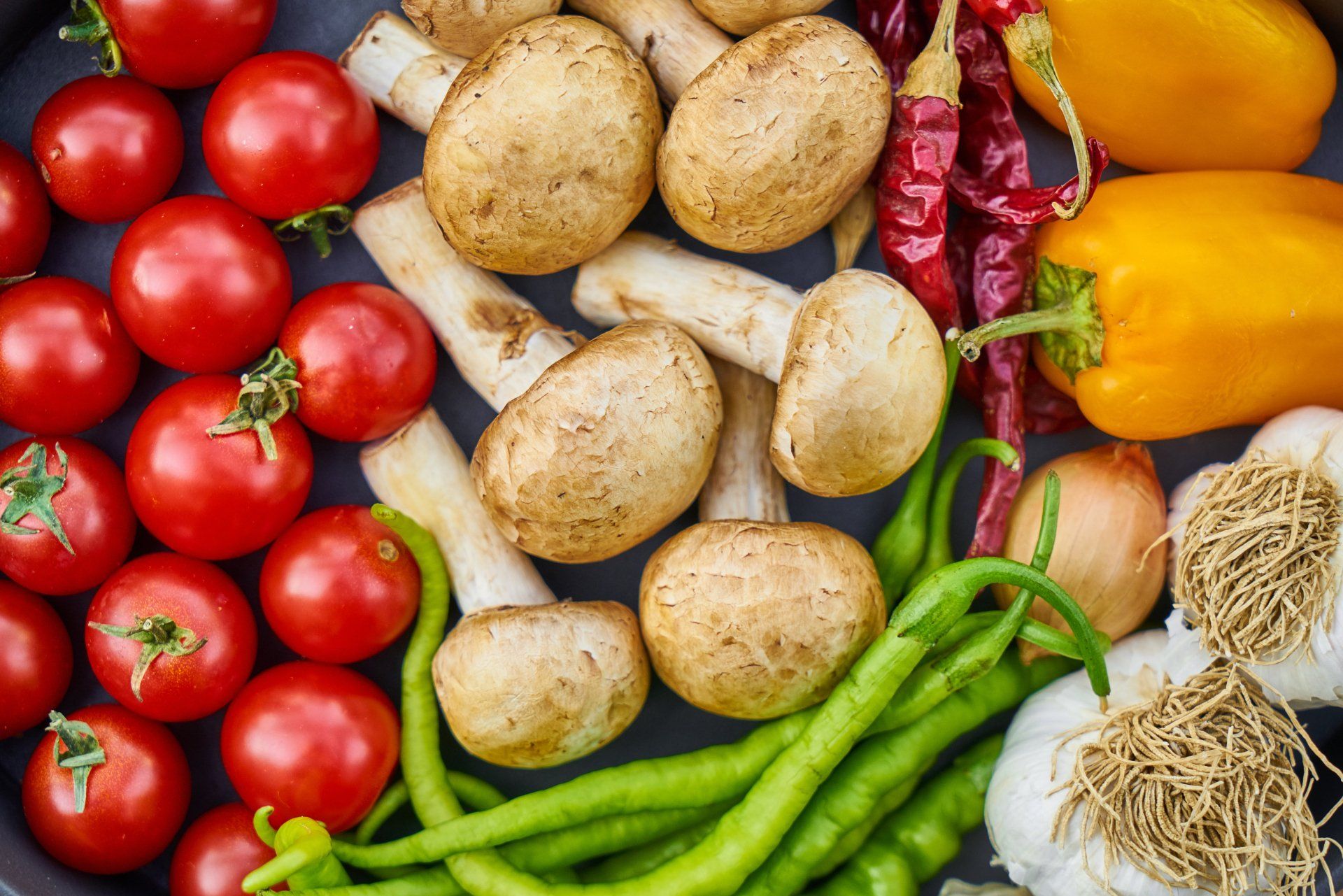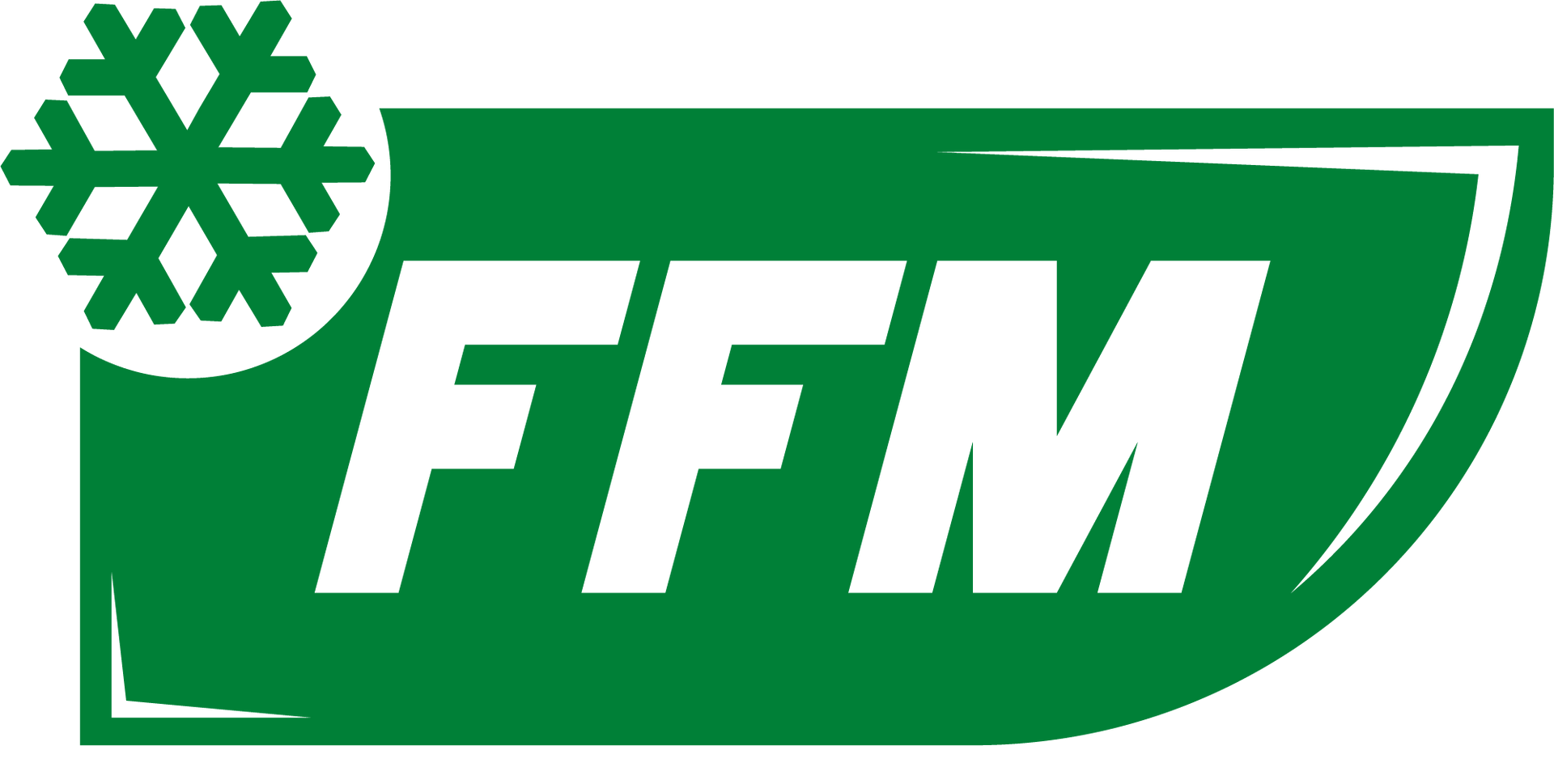Co-Packing for Seasonal Products
Selling seasonal products can be both rewarding and challenging for businesses. On one hand, they offer a unique opportunity to meet the changing demands of your customers. On the other hand, manufacturing seasonal products can be cost-prohibitive and time-consuming. Successfully navigating seasonal product manufacturing requires making smart decisions and being efficient with your resources.

This is where co-packing comes in handy—it can help you increase efficiency and profitability while reducing costs. Read on to learn more about co-packing for seasonal products.
Define co-packing and how it works
Co-packing is the practice of outsourcing manufacturing, packaging, and labeling of products to a third-party facility. This allows brands and manufacturers to focus on their core competencies, while the co-packers handle the manufacturing and logistics. Co-packers are an especially good fit for seasonal products, as they can help you scale up manufacturing during peak season and manage inventory more efficiently during low season.
The benefits of co-packing for seasonal products
Co-packing offers numerous benefits for businesses manufacturing seasonal products. These include:
- Scalability: co-packers can increase and decrease production as needed, so you can handle fluctuations in demand during peak season.
- Cost-effectiveness: co-packing can allow you to reduce costs associated with staffing, equipment purchase, and storage.
- Time-saving: outsourcing manufacturing, packaging, and labeling to a co-packer saves time overall because they have established manufacturing procedures and seasoned staff to oversee the process.
- Increased efficiency: co-packers can streamline the packaging and logistics process while keeping an eye on quality control.
Selecting the right co-packer
It's crucial to partner with the right co-packer to reap these benefits. When researching potential co-packers, be sure to consider the following:
- Quality assurance: choose a co-packer that has high standards for quality, safety, and compliance.
- Reputation: check the reviews and reputation of the co-packer in the industry before committing to a partnership.
- Capacity: choose co-packers that have the capacity and equipment to handle your production needs for the seasonal products.
- Communication: seamless communication between you and the co-packer is key to ensure processes run smoothly.
Managing seasonal production with a co-packer
When working with a co-packer to produce seasonal products, it's important to develop a timeline that outlines every step of the process. This includes the time from the initial stages of production, packaging, labeling, shipping, and delivery. The plan should address staffing, equipment, and logistics. It will also include deadlines and lead times for each stage of the process. Be sure that you and your co-packer stay in constant communication to minimize the chance of any delays.
The Bottom Line
Co-packing can be an effective way to improve the efficiency and profitability of manufacturing seasonal products. By outsourcing manufacturing needs, businesses can focus on core competencies, increase product quality, and streamline logistics. When selecting a co-packer, consider their experience, reputation, quality assurance protocols, and capacity to deliver on your production needs. Creating a plan, including a timeline for every stage of production, and ensuring that communication remains seamless with your co-packer will bring forth a productive, prospering partnership.
Co-packing can give businesses that manufacture seasonal products a competitive edge, offering scalability, cost-effectiveness, and increased efficiency. When searching for a co-packer, it's important to choose one with a good reputation, quality assurance policies, and capacity to meet your production needs. Establishing a plan with a timeline, and maintaining seamless communication, ensures a productive and profitable partnership with the co-packer.











